Seeing the potential of the delivery industry when Covid-19 broke out, Dr. Nguyen Huu Phuoc Nguyen manufactured electric vehicles for shippers, with a localization rate of over 80%.
The car can carry a refrigerated cargo box with a capacity of 18 - 115 liters, keeping the temperature from minus 20 degrees Celsius to 10 degrees Celsius. The car is designed with 3 battery packs (2 placed under the trunk, 1 placed under the footrest) to ensure large battery capacity and high output current. The driver can use 3 battery packs at the same time to load high current, helping the car run at a maximum speed of 70 km per hour. At moderate demand, users can use 1 or 2 batteries to save.
The cooler uses power from 3 battery packs on the vehicle. To ensure power for the vehicle to run and maintain the cooler, Dr. Nguyen and his team developed an energy management system (PMS) that monitors all power consumption on the vehicle, including input and output sources. Because the power source always changes capacity during the operation of the cooler, the PMS system plays a role in regulating the power on the vehicle.

Dr. Nguyen Huu Phuoc Nguyen shares about the development process of Selex electric vehicles. Photo: Ha An
With 3 battery packs, the car can run an average of 150 km (each battery pack 50 km) under the condition of a person weighing 70 kg, running at a speed of 30 km per hour. With the use of additional power for the cooler, Dr. Nguyen said, the distance can be reduced by about 20 - 30 km compared to not using it.
The research team believes that electric vehicles with integrated refrigerated containers for shippers can now replace the traditional refrigerated container solution that uses ice to retain heat (low heat retention, only within 2-3 hours). Vehicles with refrigerated containers can transport frozen foods, pharmaceuticals... or serve mobile businesses such as selling coffee, ice cream, and outdoor activities.

Electric vehicles with refrigerated containers launched in Ho Chi Minh City on August 25. Photo: Ha An
The electric vehicle with integrated refrigerated box is the latest product created by Dr. Nguyen with the goal of creating job opportunities and increasing income for shippers compared to using gasoline vehicles. Sharing about this project, he said the idea came from the story of "in danger there is opportunity" 5 years ago. At that time, a room of more than 10 square meters on the campus of Hanoi University of Science and Technology was the "headquarters" of Nguyen and 4 colleagues. In the abandoned house that was used for free, Dr. Nguyen and his members developed the idea of making an electric vehicle, but for the high-end segment, similar to an electric SH. In the first nearly 2 years, the research team created a number of electric vehicle models and tested them. However, at the end of 2019 and the beginning of 2020, Covid-19 hit and ruined the group's commercialization plan.
At the end of 2020, Dr. Nguyen and his colleagues researched a domestically produced electric vehicle with a "solid" design that can run 200 - 300 km per day, traveling on many different types of terrain.
During the 2 years of research, the team designed many models, tested them in the lab and combined them with technology car companies to experience them. The feedback from drivers was adjusted by the team in the following models.
In addition to optimizing vehicle functionality, the team also focused on user experience by designing a handlebar distance that is not too bent or too straight. The seat is designed with a moderate amount of bounce. The footrest area is designed to be wide, creating a comfortable space for the driver to put his feet and carry more goods. The vehicle design helps create the most comfortable sitting position for the driver, without muscle fatigue when driving for a long time.
Dr. Nguyen said that the localization rate of the car is over 80% including mechanical design, electronics, IoT control system. The battery and electric motor are imported from abroad. The price of the car is about 24 million VND. The battery of the electric car has about 2,000 charge-discharge cycles, on average one charge a day can be used for 7 years and the usage time is twice the number of charges every two days. The car is waterproof and can wade through flooded areas less than 1 meter deep and ensures safety.
To date, the team has 10 patents registered for electric vehicles and accompanying support systems.

Battery removal and installation at electric vehicle battery swapping stations. Photo: Ha An
At the launch event of electric vehicles with refrigerated boxes on August 25, Dr. Nguyen's Selex Motor startup project signed a contract to hand over 500 vehicles to the Standard Delivery Company. Mr. Ngo Quang Huy, Deputy General Director of the company, said that when the number of vehicles is delivered, the unit will organize for employees to use immediately, helping to increase economic efficiency for drivers and reduce emissions into the environment. "We highly appreciate the vehicle design for its solidity and stability. In addition, when the vehicle's battery runs out, it can be changed right at the stations, without taking much time compared to waiting for charging. This is very convenient for drivers at work," said Mr. Huy.
Mr. Pham Viet Dung, 60 years old, a technology driver in District 4, after experiencing the shared car, said that when sitting, there was less vibration, the steering wheel was light, so the ride felt smoother. However, because the product is new, he is concerned about its durability in harsh weather conditions and rough roads. He hopes that the electric car company will have more battery swap locations such as gas stations so that people can be more convenient and proactive when the car runs out of power. "It takes a long enough time to verify the car's functions, but I will always support products made by Vietnamese people," said Mr. Dung.
Dr. Nguyen Huu Phuoc Nguyen is from Nghe An . He was a student at Hanoi University of Science and Technology in 2001. After his first year of university, he won a scholarship to major in electronics at Petronas University of Technology (Malaysia). In 2007, he continued his PhD studies at the University of Michigan (USA) and participated in several projects on self-driving cars and energy systems on electric vehicles. In 2014, he returned to Vietnam to participate in startups with electric vehicle projects.
vnexpress.net


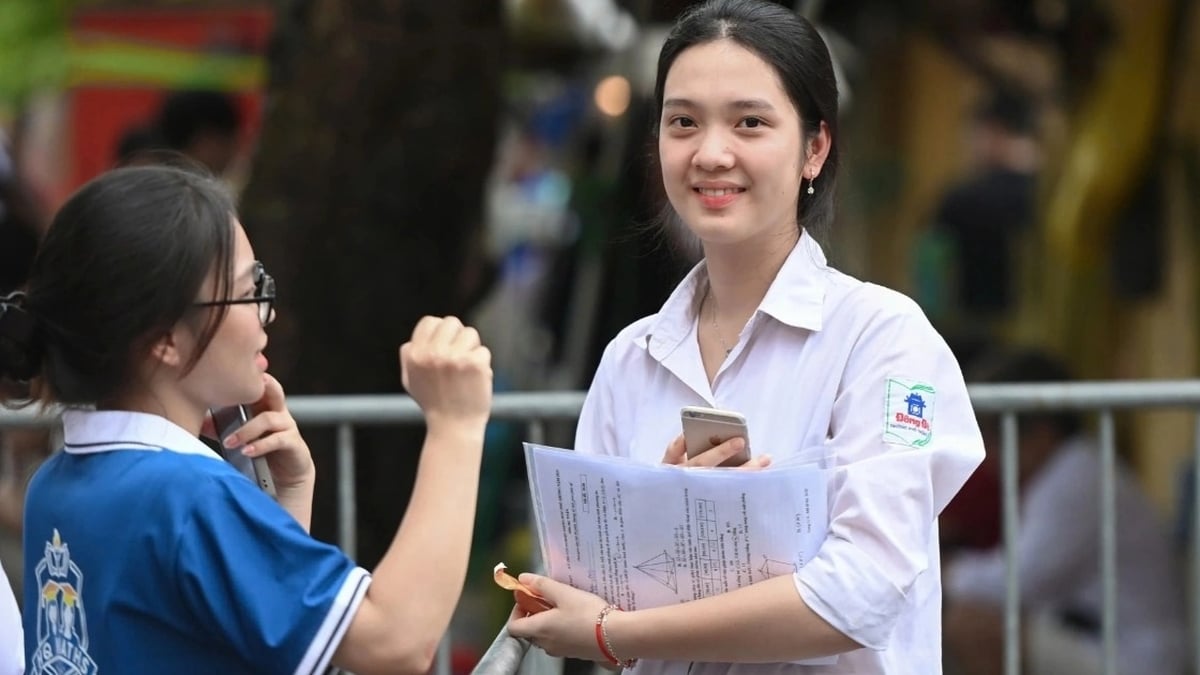

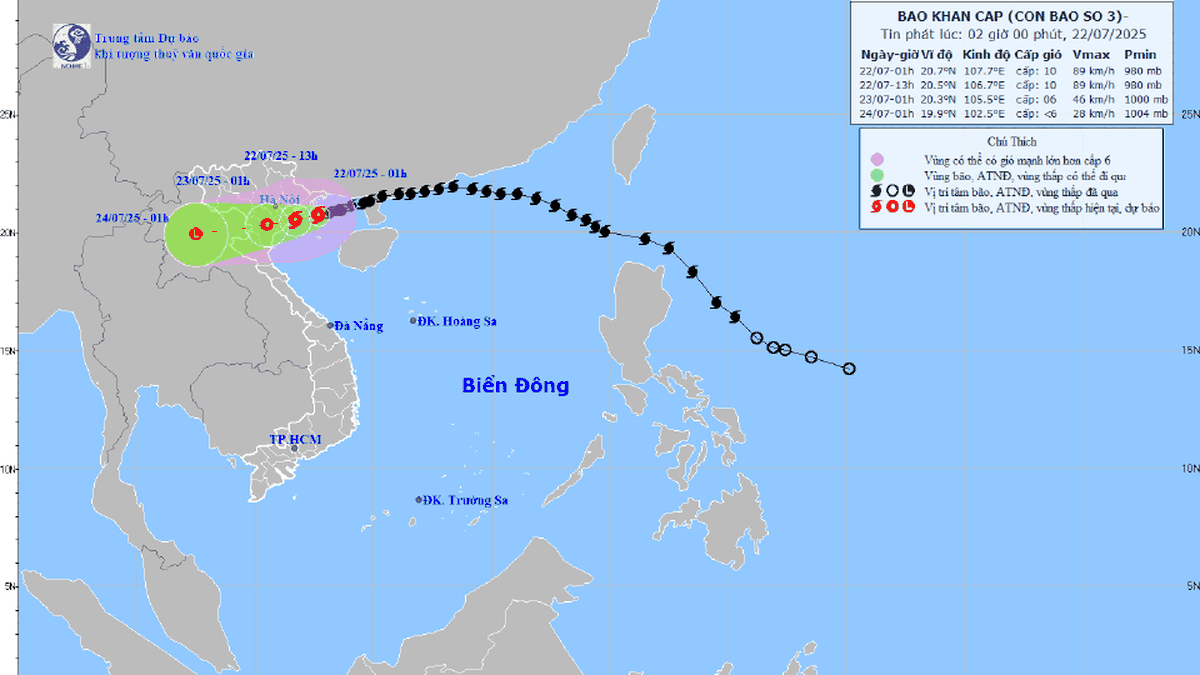
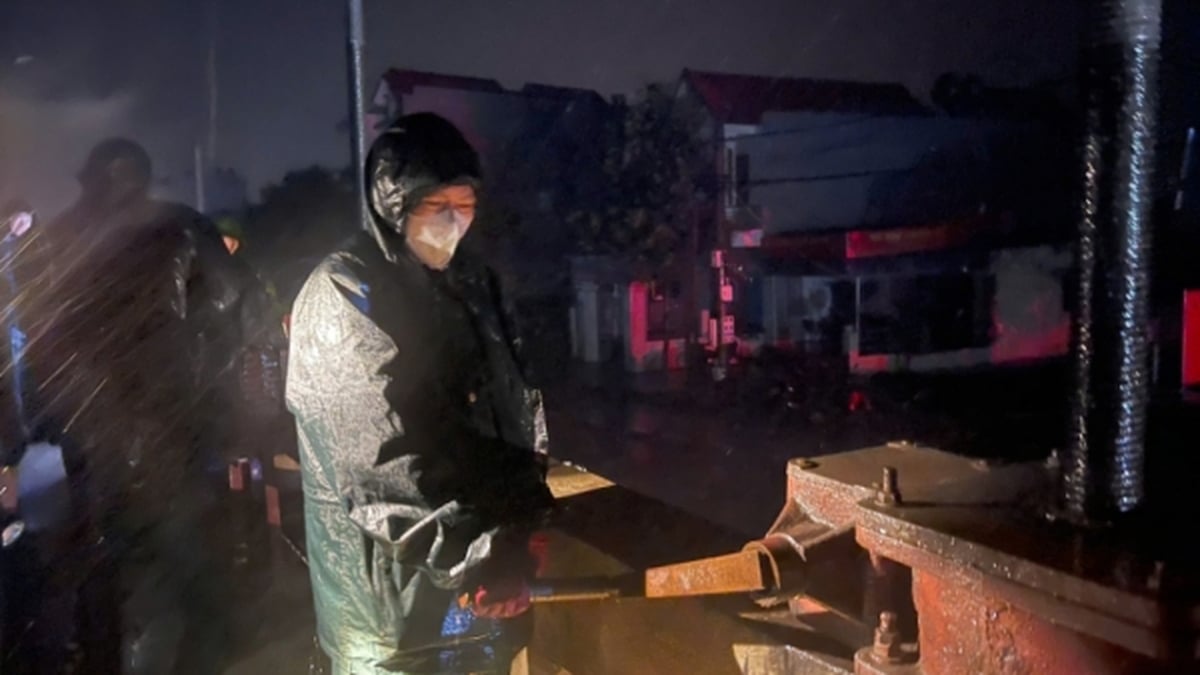


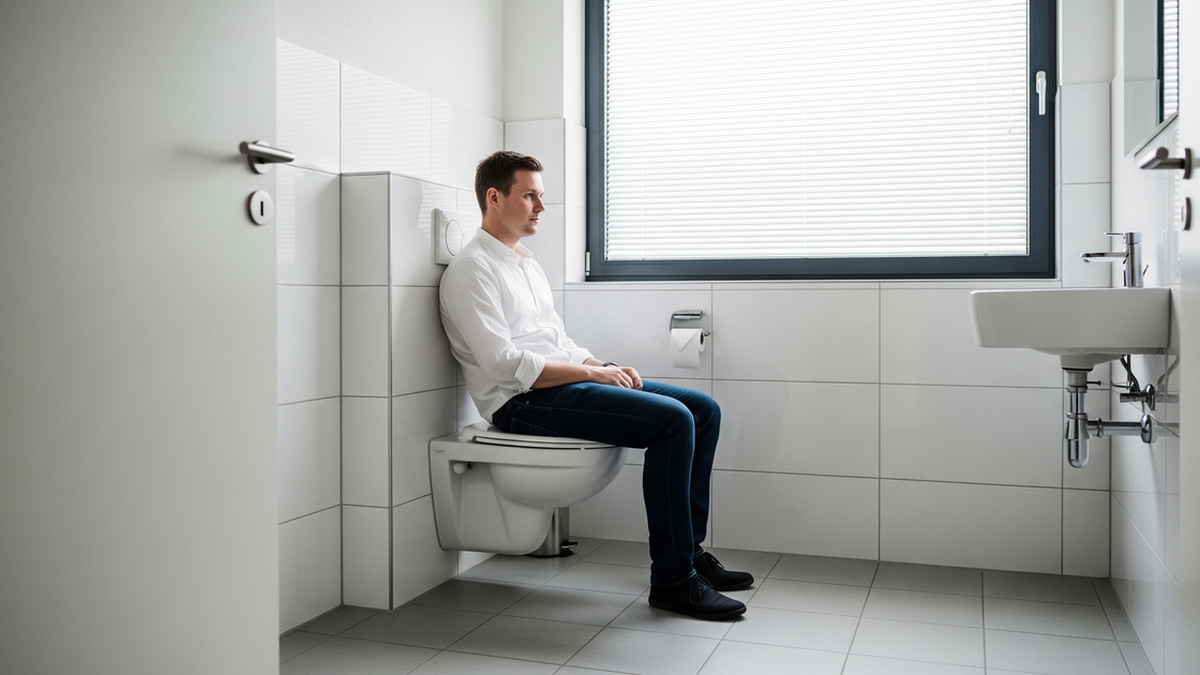
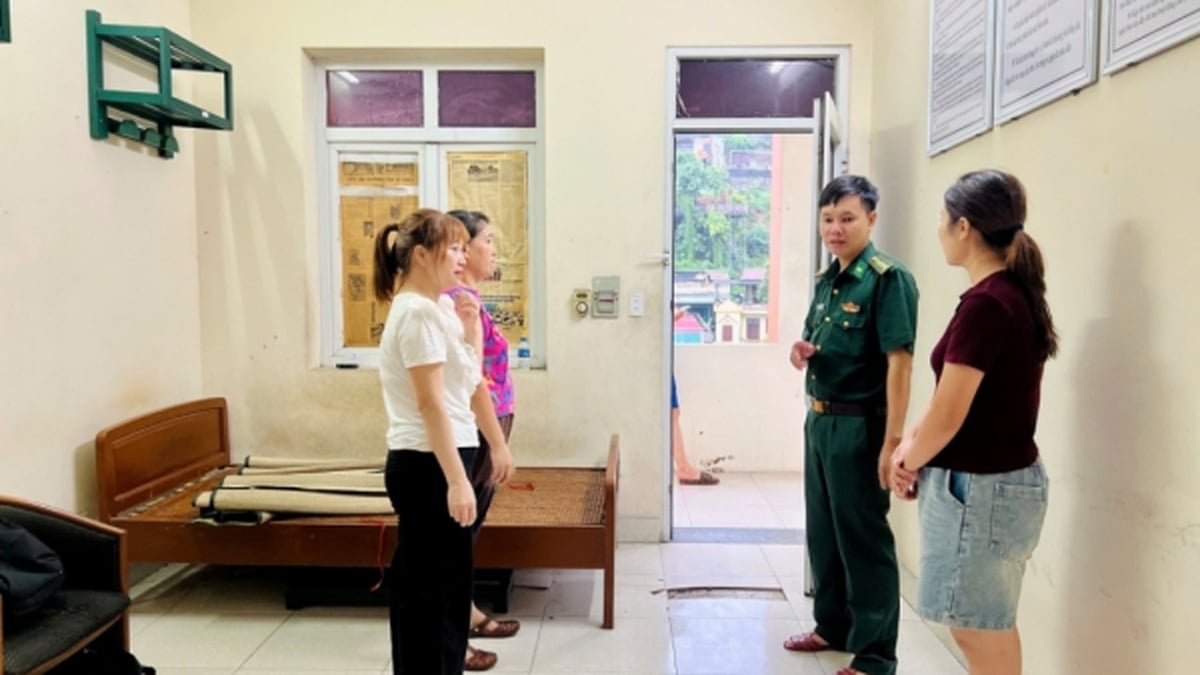
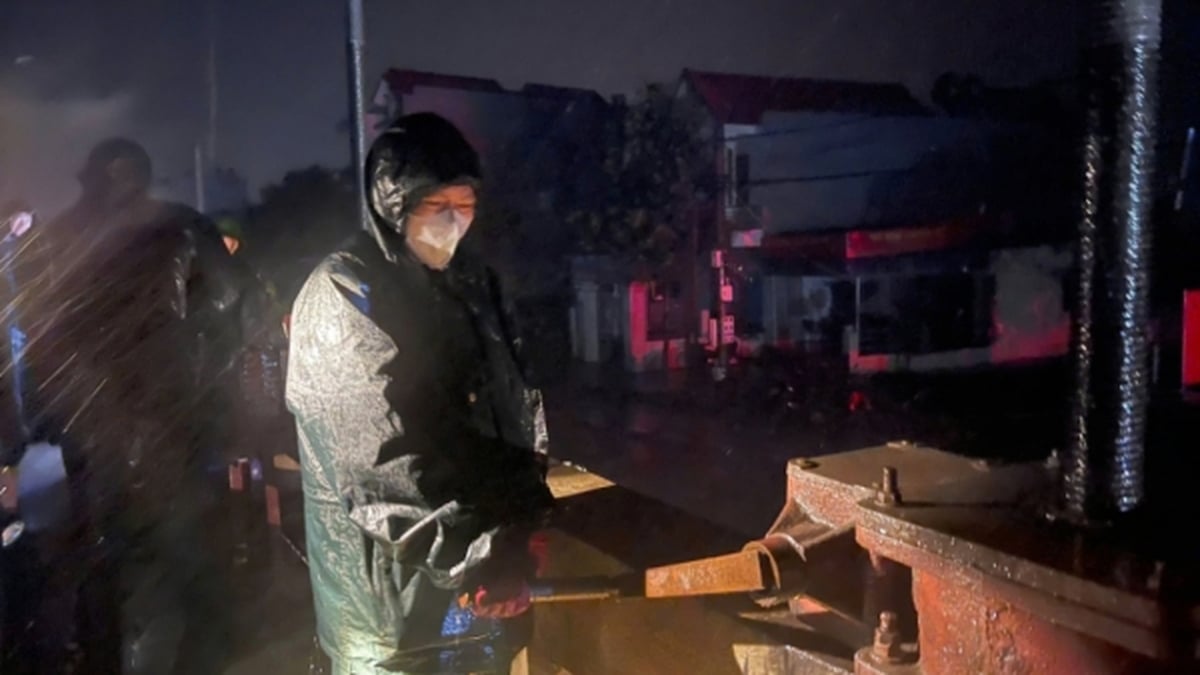




















![[Photo] National Assembly Chairman Tran Thanh Man visits Vietnamese Heroic Mother Ta Thi Tran](https://vphoto.vietnam.vn/thumb/1200x675/vietnam/resource/IMAGE/2025/7/20/765c0bd057dd44ad83ab89fe0255b783)






































































Comment (0)